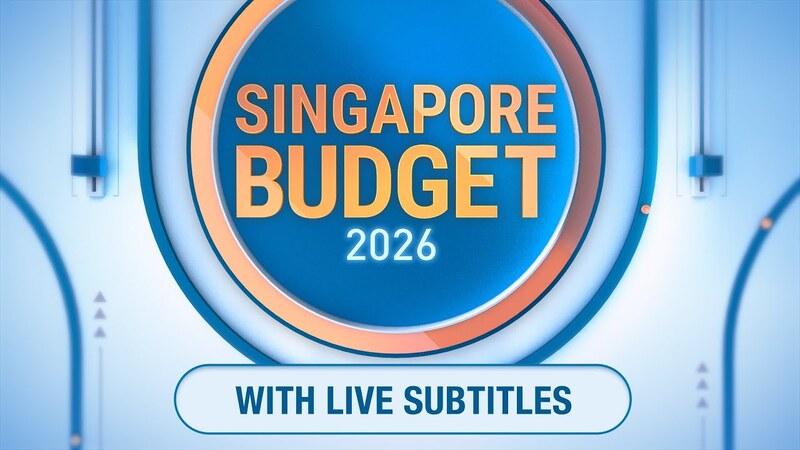Singapore’s Rising Retirement Age: What It Means for Careers, Employers, and Mid-Life Transitions
Singapore’s workforce is getting older — but also more resilient. With the retirement and re-employment ages raised in 2022 and more professionals extending their careers, the conversation around work beyond 60 has never been more relevant. For workers and employers alike, these shifts bring both challenges and opportunities.
Retirement Age in Singapore: Moving Up, Not Out
Singapore has been progressively raising its statutory retirement and re-employment ages to support longer lifespans and the need for a sustainable workforce. By 2030, the retirement age will rise to 65 and re-employment to 70. This move ensures that seniors who wish to work longer have more support from policy frameworks and employers.
The Ministry of Manpower (MOM) study in 2024 revealed that more seniors are choosing — and being offered — employment after crossing retirement thresholds. Today, more than 60% of residents aged 65 to 69 are in the labour force, one of the highest participation rates globally.
For businesses, this means tapping into an experienced talent pool, while for professionals, it creates extended opportunities to stay financially active and purposeful.
Why More Seniors Are Staying Employed
Several factors are driving this trend:
- Longer life expectancy – With Singaporeans living into their 80s, financial security and meaningful work matter more.
- Stronger demand for skilled labour – Tight labour markets make employers value experienced workers.
- Government incentives – Schemes like the Senior Employment Credit encourage companies to retain older staff.
This convergence of economic and demographic forces means older professionals are no longer winding down but instead actively contributing to the workforce.
Switching Careers in Middle Age: Success Stories
It’s not just about staying employed — it’s also about reinventing careers. Increasingly, Singaporeans in their 40s, 50s, and even 60s are making bold moves into new industries.
Take the example of a mid-career executive who transitioned from banking into sustainability consulting, or another who left hospitality to enter healthcare administration. These shifts were made possible through:
- Government-funded reskilling initiatives such as SkillsFuture Mid-Career Support.
- Employer willingness to consider transferable skills.
- Personal drive to embrace change and stay relevant.
For many, switching careers mid-life is no longer a last resort — it’s a strategic choice to align with growth sectors and personal passions.
Implications for Employers
Employers who adapt to these shifts stand to benefit greatly. By embracing older workers and supporting mid-career transitions, companies can:
1. Retain Institutional Knowledge – Experienced staff can mentor younger colleagues.
2. Diversify Workforce Strengths – Multi-generational teams improve creativity and resilience.
3. Enhance Employer Branding – Being seen as age-inclusive helps attract both mature talent and socially conscious younger workers.
What Workers Can Do
If you’re approaching mid-life or beyond, here’s how to stay competitive:
- Stay Curious – Keep learning new skills, particularly in tech and emerging fields.
- Leverage Networks – Tap into professional and alumni circles for opportunities.
- Be Open to Flexibility – Part-time, consultancy, or contract roles can provide career longevity.
- Highlight Transferable Skills – Communication, leadership, and problem-solving remain timeless.
Frequently Asked Questions (FAQ): Retirement and Career Transitions in Singapore
Q1: What is the official retirement age in Singapore now?
As of 2025, the retirement age is 63 and the re-employment age is 68. These will rise to 65 and 70 respectively by 2030.
Q2: Can I still work after my retirement age?
Yes. Employers must offer eligible workers re-employment opportunities, and many seniors continue working voluntarily.
Q3: Is it realistic to switch careers after 40 or 50?
Absolutely. Many Singaporeans have successfully moved into growth sectors like tech, healthcare, and sustainability through reskilling.
Q4: What support exists for mid-career professionals?
SkillsFuture, Professional Conversion Programmes, and employer upskilling schemes are designed to help professionals transition smoothly.
Conclusion: A Longer, More Flexible Career Journey
Singapore’s rising retirement age signals a future where careers don’t stop at 60. Instead, professionals can enjoy extended opportunities to grow, switch, and contribute meaningfully. For workers, it’s a call to stay adaptable; for companies, it’s a chance to harness the wisdom of a multi-generational workforce.
The future of work in Singapore isn’t just younger — it’s older, wiser, and more dynamic.
🔹 Ready to explore your next career move?
Discover opportunities with Reeracoen
🔹 Looking to build an age-inclusive team?
Connect with us today
Disclaimer:
The information provided in our blog articles is intended for general informational purposes only. It is not a substitute for professional advice and should not be relied upon as such.
While we strive to provide accurate and up-to-date information, the ever-evolving nature of certain topics may result in content becoming outdated or inaccurate over time. Therefore, we recommend consulting with qualified professionals or experts in the respective fields for specific advice or guidance. Any actions taken based on the information contained in our blog articles are solely at the reader's discretion and risk. We do not assume any responsibility or liability for any loss, damage, or adverse consequences incurred as a result of such actions.
We may occasionally provide links to external websites or resources for further information or reference. These links are provided for convenience and do not imply endorsement or responsibility for the content or accuracy of these external sources. Our blog articles may also include personal opinions, views, or interpretations of the authors, which do not necessarily reflect the views of our organisation as a whole. We encourage readers to verify the accuracy and relevance of information presented in our blog articles and to seek professional advice when needed. Your use of this website and its content constitutes acceptance of this disclaimer.
References





